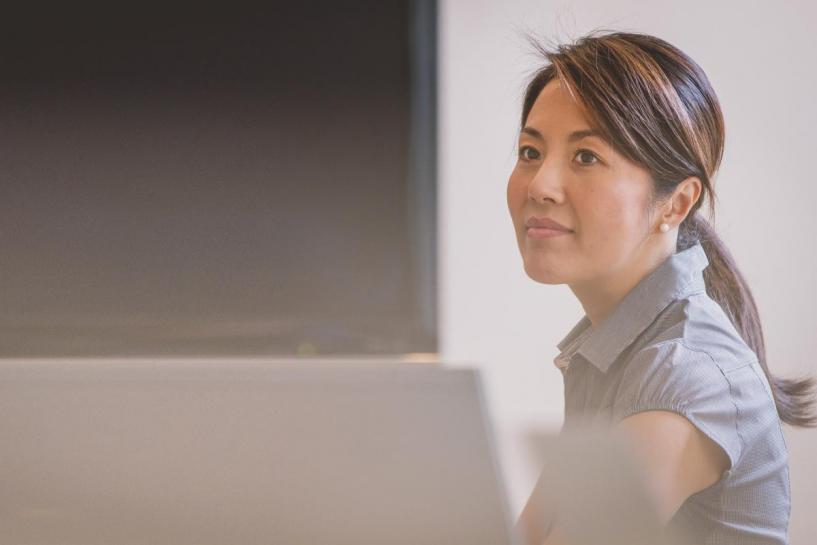I was more than a bit nervous to make the call. After all, she was a biology professor and knew more about life on a cellular level than I could possibly fathom. She had just been diagnosed with breast cancer. And I was calling to educate her?
Education level is not a true indicator of health literacy, which is the ability of a person to locate, understand, and act on health-related information. In this particular scenario, it might be easy to assume that this patient had above normal health literacy, and in some situations she likely does. However, when it came to applying oncology knowledge to her own situation, she welcomed my help.
At diagnosis and when treatments change, oncology patients may have emotional barriers such as fear and uncertainty. Their previous healthcare experience may also cloud their ability to comprehend and act on the new information they are receiving.
So what can you, the oncology nurse, do to help bridge this barrier? Here are 7 strategies for improving patient and family understanding of unfamiliar information.
- Chunk similar information into written and verbal communication and use short sentences.
- Ask what the patient understands prior to launching into an explanation. Pay attention to the words the patient uses, and listen for any points that need clarification.
- Check for understanding during and at the end of a teaching session by asking open ended questions ("What haven’t I explained clearly?") and by using the teach-back method.
- Limit medical terms and define any medical term you may need to use (names of medications or imaging studies).
- Use an active voice (I will be your nurse today.)
- Use second person pronouns (you, we).
- Use the universal precautions in health literacy by assuming all people can benefit from easy to understand medical information.
These interventions have been shown to help improve patients' understanding and help guide them toward acting in the best interest of their health.
If you are wondering how my conversation with the biology professor ended, she gratefully expressed, “no one has ever explained it that way before, thank you.”






